- El fraude se realizó en dos niveles: con acciones ilegales a ras de casillas –a la “antigüita”– pero también mediante sofisticadas maniobras cibernéticas.
- Los problemas del IFE: las irregularidades en el PREP y los cómputos distritales que producen “misterios” como millones de votos y boletas faltantes y sobrantes, o la transferencia de votos de un candidato a otro.
- En diversos momentos del proceso, “maestros” del SNTE de Elba Esther Gordillo, contribuyeron a la realización de maniobras tradicionales y cibernéticas para favorecer la elección de Calderón.
- La polarización y posturas de los intelectuales –escépticos y creyentes–, y la validación que un sector dio al resultado oficial.

Díaz-Polanco, Héctor

An anthropologist and sociologist, is also a research professor of the Center for Research and Higher Education in Social Anthropology (CIESAS) of Mexico. He is renowned as an essayist on the subject of identity, autonomies, and political movements. He has published over 240 texts within his field of specialization, including 20 books as sole author and around 70 as co-author. He has acted as a consultant to the FAO (UN) on indigenous themes; the Nicaraguan government on the design of autonomies (1984-1990); the Zapatista Army for National Liberation (EZLN) during the San Andrés negotiations (1995-1996); and the Autonomous and Country Design Commissions of the National Constitutional Assembly of Bolivia (2007). He has won the International Essay Prize (under the auspices of Siglo XXI Editors, the UNAM and the University of Sinaloa), in 2005; and the Essay Prize of Casa de las Américas (Cuba) in 2008. Among others, Siglo XXI has published his works The Zapatista Rebellion and Autonomy (1997) and In Praise of Diversity: Globalization, multiculturalism and ethnophagia (2006).









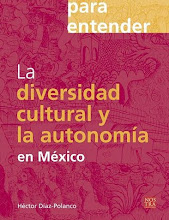
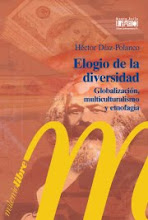



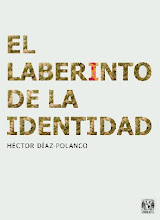
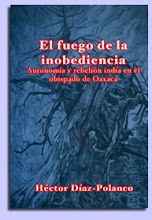
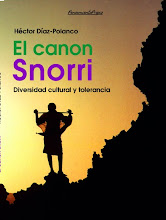
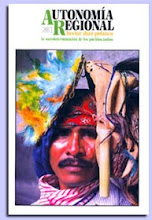


No hay comentarios:
Publicar un comentario